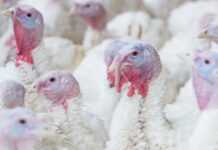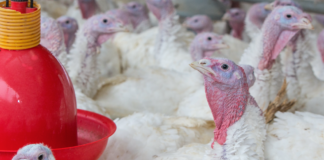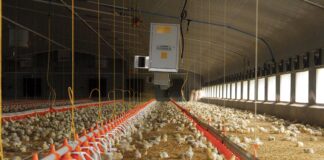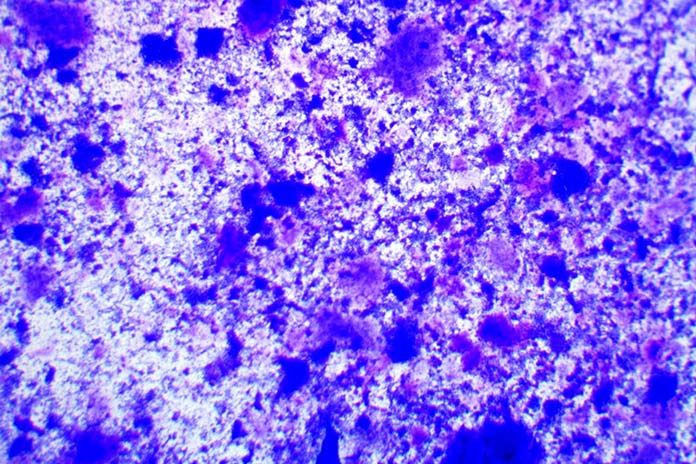
With the evolution of genetic potential of modern broilers, transforming the large feed intake into protein deposition is a real challenge for the digestive tract. The mucosa, being the first line of defense, plays a key role in maintaining gut health and its physiological functions and is thus crucial to support animal performance.
Intestinal inflammatory response is the consequence of imbalance of the homeostasis in relation with various digestive stress conditions. Anti-inflammatory properties of probiotics have been demonstrated but are devoted to specific.
The objective of this study was to investigate the anti-inflammatory properties of the new Bacillus subtilis probiotic strain 29784 in comparison with two other commercially available B. subtilis strains, (Bs A and Bs B) at the gut level. An in vitro model based on human intestinal epithelial cells (Caco-2 cells) was used to evaluate the ability of these three B. subtilis strains to prevent inflammation in stimulated and non-stimulated conditions.
Vegetative cells of each B. subtilis strains, or a positive control, epigallocatechin gallate (EGCG) known for its anti-inflammatory properties, were overnight applied to a 14-day differentiated Caco-2 cells monolayer established in a transwell system. Caco-2 cells were then exposed, or not, to the inflammatory mediator IL-1P during 6 hours. Trans Epithelial Resistance (TER) and IL-8 production were then monitored as indicators of intestinal permeability and inflammation, respectively.
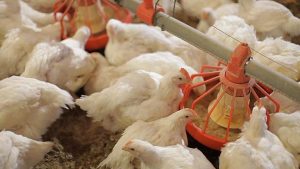
As expected, TER was improved by the positive control EGCG in both standard and stimulated conditions. Whereas Bs A decreased TER, Bs B had no effect and B. subtilis 29784 increased it. IL-1P induced inflammation as shown by an increase in IL-8 production. All strains tested were able to significantly reduce IL-8 level. However, B. subtilis 29784 was the only strain able to fully reduce the inflammatory response, as shown by the equal level of IL-8 secreted by the IL-1P -stimulated cells treated with B. subtilis 29784, as well as EGCG, and the non-stimulated cells.
The results clearly show that different B. subtilis strains can have different levels of efficacy in modulation of inflammatory response and intestinal permeability. B. subtilis 29784 thus appears an efficient probiotic solution enhancing intestinal barrier and reducing inflammatory status.
References are available on request
From the Proceedings of the 2017 Australian Poultry Science Symposium




